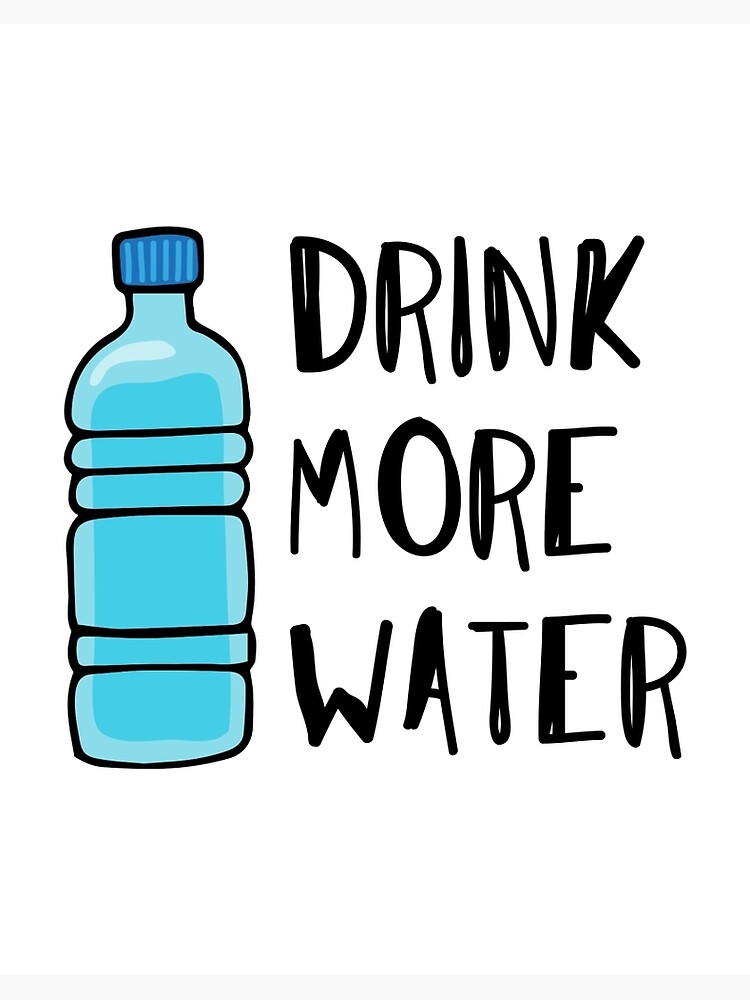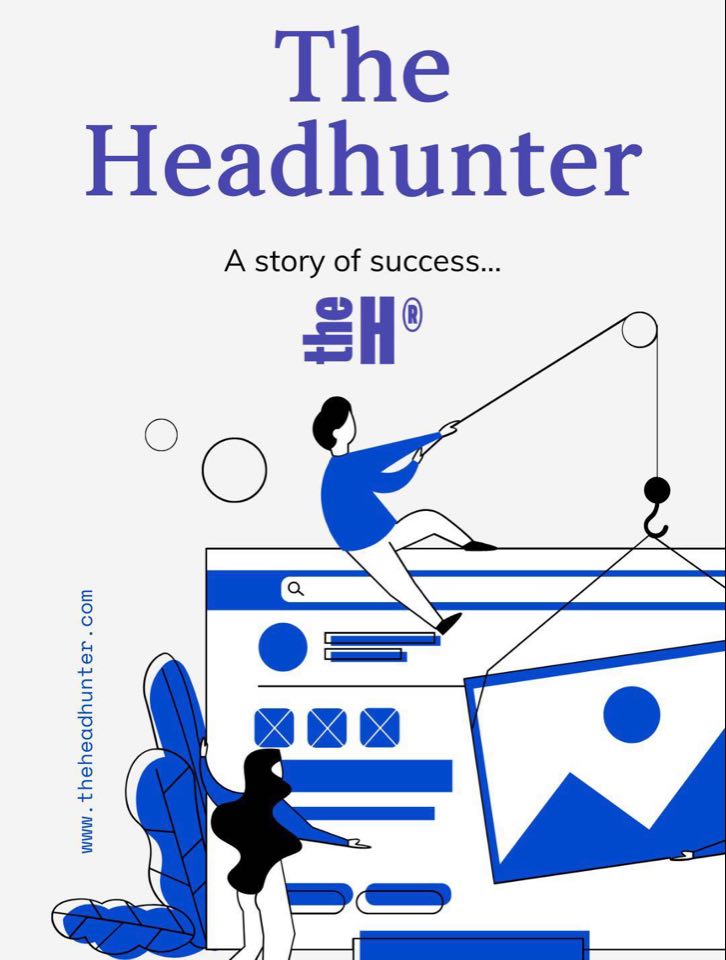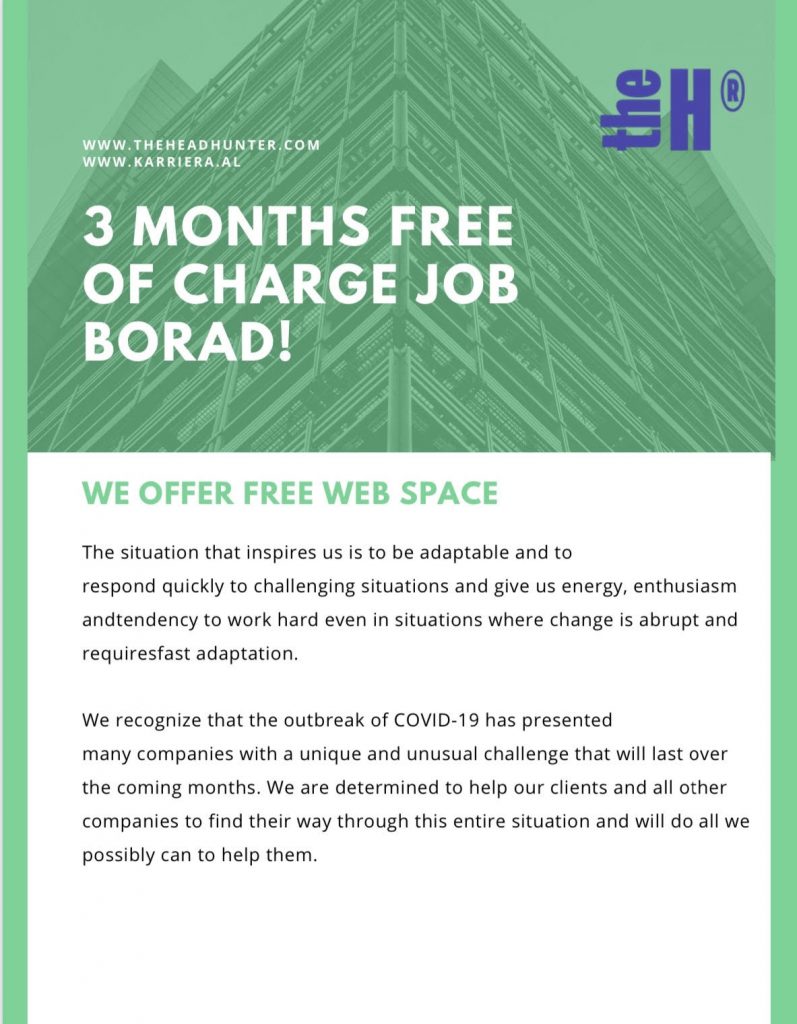Many underestimate the importance of a good night’s rest. Getting enough sleep is vital to maintaining optimal health and well-being. It’s as essential as regular exercise and eating a balanced diet.
Conversely, being sleep deprived negatively affects brain function. Cognition, concentration, productivity, and performance are all affected by the amount of sleep that you get.
- 35% of Americans don’t get the recommended seven hours of sleep each night.
- On average, Americans currently get only 6.8 hours of sleep each night.
- In 1910 the average person slept 9 hours a night.
- Roughly 20% of Americans have a sleep disorder.
- Since 1985 the percentage of adults getting less than six hours of sleep each night has increased by 31%.
- 97% of teenagers get less than the recommended amount of sleep.
- 7 out of 10 college students don’t get adequate sleep.
- Sleep deprivation costs the US $411 billion annually.
- 37.9% of people reported unintentionally falling asleep during the day or at work in the last 30 days.

Unfortunately, with today’s busy workplace, getting the right amount of sleep is difficult – even though it’s crucial to get enough sleep regularly!
Better concentration and productivity
Those that are sleep-deprived have more trouble refocusing on a task after an interruption compared to someone who’s well-rested.We all deal with those small disruptions at work – the phone rings, a coworker asks for help, or your boss needs you to handle something – it happens all the time.
How quickly you’re able to jump right back into your original task depends directly on how much sleep you got the night before. Getting a good night’s sleep will also increase your accuracy. According to an article in the Journal of Experimental Psychology, one of the largest sleep deprivation studies ever, it concluded that people are about twice as likely to make mistakes when they’re sleep-deprived.
Lower weight gain risk
A study in the American Journal of Clinical Nutrition found that people who aren’t getting enough sleep were more prone to late-night snacking, and were more likely to choose high-carb snacks.
Backing up this research was another study at the University of Chicago, where sleep-deprived participants chose snacks with twice as much fat content as those who slept at least 8 hours.
Another way insufficient sleep affects your weight is by triggering a cortisol spike. Cortisol is your body’s main stress hormone, and it also controls your mood, motivation, and fear. According to Healthline, over time, high levels of cortisol may cause weight gain and high blood pressure.
Get sick less often
Studies have shown that employees who sleep for 5 hours a night miss 1 ½ times more work days due to illness than employees who sleep 8 hours a night.
According to the Mayo Clinic, lack of sleep can affect your immune system. People that don’t get quality sleep or enough sleep are more likely to get sick after being exposed to a virus. It can also affect how quickly you recover once you do get sick.
Improves mood
A study at the University of Pennsylvania found that participants who were only allowed 4.5 hours of sleep a night for one week were more stressed, temperamental, and mentally fatigued.
Once they were allowed sufficient sleep, they reported a dramatic improvement in mood. We’ve all been there; a bad night’s sleep makes us grumpy and irritable the next day. We tend to overreact when things aren’t going exactly how we would like them to go.
Conversely, when we wake up refreshed from a good night’s sleep, we’re able to handle things better.
Helps with cardiovascular health
Quality sleep is critical to good health, especially for your heart. During sleep, your blood pressure goes down. When you have sleep problems, your blood pressure stays at a higher rate for a longer period of time. This sustained and elevated blood pressure is one of the leading causes of heart disease and stroke.
Dr. Susan Redline, a Professor of Sleep Medicine at Harvard Medical School states that “Sleep-deprived people have higher blood levels of stress hormones and substances that indicate inflammation, a key player in cardiovascular disease. Even a single night of insufficient sleep can perturb your system.”
Now that you know how important sleep is for your overall health, here are some tips to help you sleep faster and have better quality sleep:
1. Changes to your daily activities that can improve sleep
- Incorporate physical activity into your day, but not right before you go to bed.
- Limit your caffeine intake, especially late in the day.
- Drink alcohol in moderation.
- Don’t eat a large meal close to bedtime.
- Quit smoking. Nicotine is a stimulant and will make it harder to sleep.
- Limit your daytime naps to short power naps of 30 minutes or less.
2. Changes to your nighttime habits that can improve sleep
- Create a good sleep environment. Make sure the room is dark and quiet.
- Set up a routine of going to bed at the same time every night. A consistent nighttime routine will help set your body’s internal clock and help you get to sleep each night.
- Avoid using technology like computers, phones, or TVs right before bed.
- Relax and clear your mind before bed. Consider listening to relaxing music, reading a book, meditating, or taking a hot bath.
- Instead of stressing about the events of the day or what you have planned for the next day, relax your mind and think about positive things.
Figure out what works best for you to allow yourself to get a quality night’s sleep every night. It will improve your health, brain function, and mood.

















